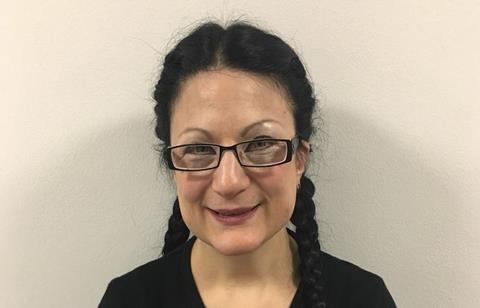
In 2012, the majority of active pension savers were in defined benefit (DB) schemes and the majority of pensioner income, after state pension and benefits, was from DB pensions, according to the Department for Work and Pensions' (DWP) Pensioner’s income series statistics, last published in March 2018.
Auto-enrolment has now finished staging and, six years and more than 10 million new savers later, we are in a very different universe. There are now more active defined contribution (DC) savers than DB savers, and while DB income still forms a substantial part of current pensioners’ incomes, tomorrow’s pensioners will be much more reliant on DC savings.
Why does this matter? Well, DB income is like an annuity; it pays out every year until a pensioner’s death, and inflates to allow the recipient to maintain their cost of living. Until 2015, DC savers generally had to purchase an annuity, which paid out until their death and did not always pay inflationary increases. This meant that most pensioners had a secure private pension income for life, on top of their state pension income.
In 2015, the government lifted the requirement for those with DC savings to purchase a secure retirement income product in order to access their DC savings. New savers, most of whom are in DC schemes, will probably have total freedom regarding how to access their pensions after the age of 55.
Accessing DC savings has become much more complicated now that people can do what they like. In order to make an informed decision, people will need to understand concepts like compound interest, inflation, longevity increases and how to meet current expenses, while also preparing for future needs, such as long-term care. Fraudsters are also taking advantage of the new freedoms by targeting those with DC savings.
While the case may not be clear as to whether people need to be compelled to take guidance, it is clear that the majority of DC savers would benefit from some sort of support in order to avoid making decisions which lead to poor retirement outcomes.
Daniela Silcock is head of policy research at the Pensions Policy Institute (PPI)
Read more...
Michelle Cracknell: Should employers default staff into pensions guidance?
Christopher Brooks: Should employers default staff into pensions guidance?





























